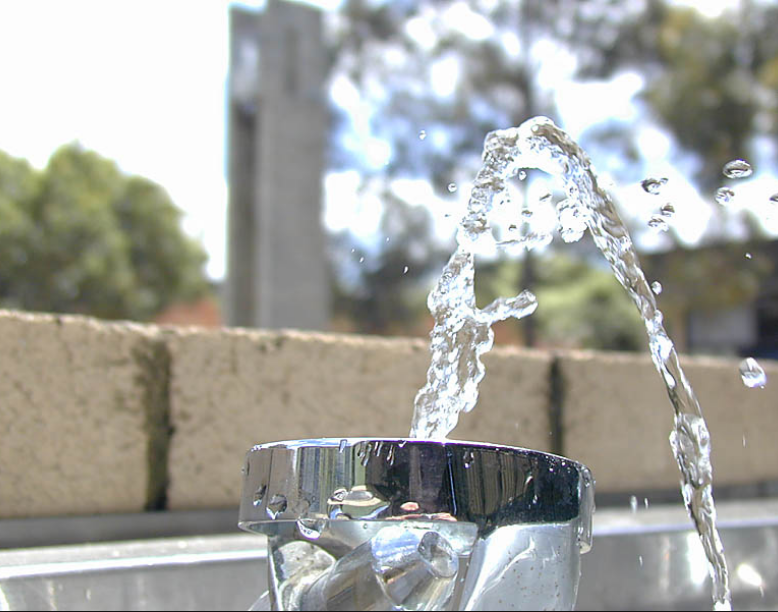
MANCHESTER, NH – The much-publicized lead contamination issue in Flint, MI, prompted a voluntary response from Manchester Water Works to visit all of the city’s 22 schools over the summer to collect water samples from each of the nearly 500 sinks and drinking fountains.
“There was no reason to suspect a widespread problem in Manchester,” said Superintendent Debra Livingston. “But we welcomed the proactive collaboration with our city partners in testing the safety of the water in our buildings.”
Twenty-five sinks and bubblers at 12 schools measured a lead level at or higher than the acceptable limit of 15 parts per billion after an initial sample. Those locations were retested twice, and the subsequent samples showed much lower lead levels. After the third test, lead levels exceeding 15 parts per billion were confirmed in two sinks and one drinking fountain. They will require a plumbing modification or replacement to correct the problem. Until then, those sinks and the drinking fountain won’t be used.
As an added precaution, 13 additional drinking fountains and classroom sinks identified after the second testing sample also will be turned off and remedied. Nine schools are affected: Gossler Park, Green Acres, Smyth Road, Jewett Street, Northwest, and Webster elementary schools; Hillside Middle School; and Central and West high schools.
“The source of the lead is not the lake or water treatment facility,” said Philip Croasdale, director of Manchester Water Works. “Rather, lead can enter drinking water as a result of corrosion, as water comes into contact with pipes, plumbing connections, and fixtures. That’s why we can isolate our concerns to individual locations within a school.”
Public safety officials say the degree of harm from lead exposure depends on factors such as frequency, duration and dose.
“It is highly unlikely that a school age child would have received significant exposure to lead in water from fixtures at school,” said Tim Soucy, Public Health Director for the City of Manchester.
As an added precaution, 13 additional drinking fountains and classroom sinks identified after the second testing sample also will be turned off and remedied. Nine schools are affected: Gossler Park, Green Acres, Smyth Road, Jewett Street, Northwest, and Webster elementary schools; Hillside Middle School; and Central and West high schools.
The final determinations were made Sept. 2, although it’s unlikely all the units will be replaced prior to the start of school next week.
“We want to be sure we are doing everything we can to protect the health of our children,” said Dr. Livingston.







